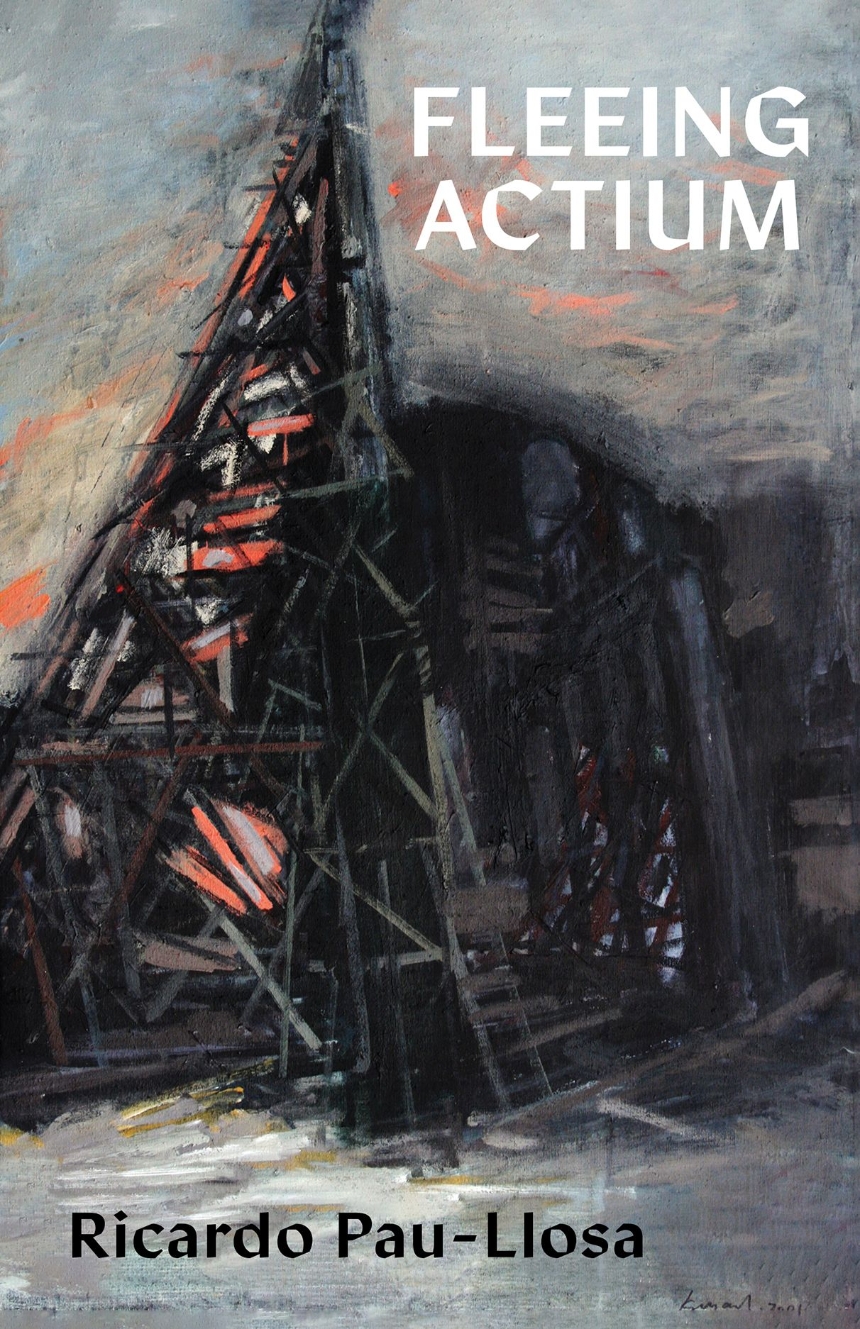Distributed for Carnegie Mellon University Press
Fleeing Actium
An intricate collection of poems that represent the major themes of Pau-Llosa’s career.
Fleeing Actium is Ricardo Pau-Llosa’s ninth book of poetry, and it presents an expansive collection that showcases the culmination of major themes in the poet’s work. Now 68 and splitting his time between Miami and Key Largo, Pau-Llosa’s lifelong passion for the visual arts—as a collector, curator, and critic—has fueled his interest in ekphrastic poetry. The opening section of the collection gathers Pau-Llosa’s best poems in this genre, followed by a section devoted to Japan’s legendary Edo-period prints and paintings. The third section engages with belief systems across cultures and eras and the personae which embody them, often in dialogue with each other. A fourth and final section focuses on Pau-Llosa’s equally venerable interest in Husserlian Phenomenology and the vivid apprehension of everyday objects.
Spending much of his time in Key Largo, Pau-Llosa has been inspired to create poems that juxtapose ancient and contemporary scenes of everyday life, another avenue of Pau-Llosa’s enduring explorations of philosophical concepts in his poetry. The many complex references and themes in Fleeing Actium converge in a lucid, vital chorus of Ideas about history, memory, inspiration, and the roles which only art and poetry can play in the reflective life.
Fleeing Actium is Ricardo Pau-Llosa’s ninth book of poetry, and it presents an expansive collection that showcases the culmination of major themes in the poet’s work. Now 68 and splitting his time between Miami and Key Largo, Pau-Llosa’s lifelong passion for the visual arts—as a collector, curator, and critic—has fueled his interest in ekphrastic poetry. The opening section of the collection gathers Pau-Llosa’s best poems in this genre, followed by a section devoted to Japan’s legendary Edo-period prints and paintings. The third section engages with belief systems across cultures and eras and the personae which embody them, often in dialogue with each other. A fourth and final section focuses on Pau-Llosa’s equally venerable interest in Husserlian Phenomenology and the vivid apprehension of everyday objects.
Spending much of his time in Key Largo, Pau-Llosa has been inspired to create poems that juxtapose ancient and contemporary scenes of everyday life, another avenue of Pau-Llosa’s enduring explorations of philosophical concepts in his poetry. The many complex references and themes in Fleeing Actium converge in a lucid, vital chorus of Ideas about history, memory, inspiration, and the roles which only art and poetry can play in the reflective life.

